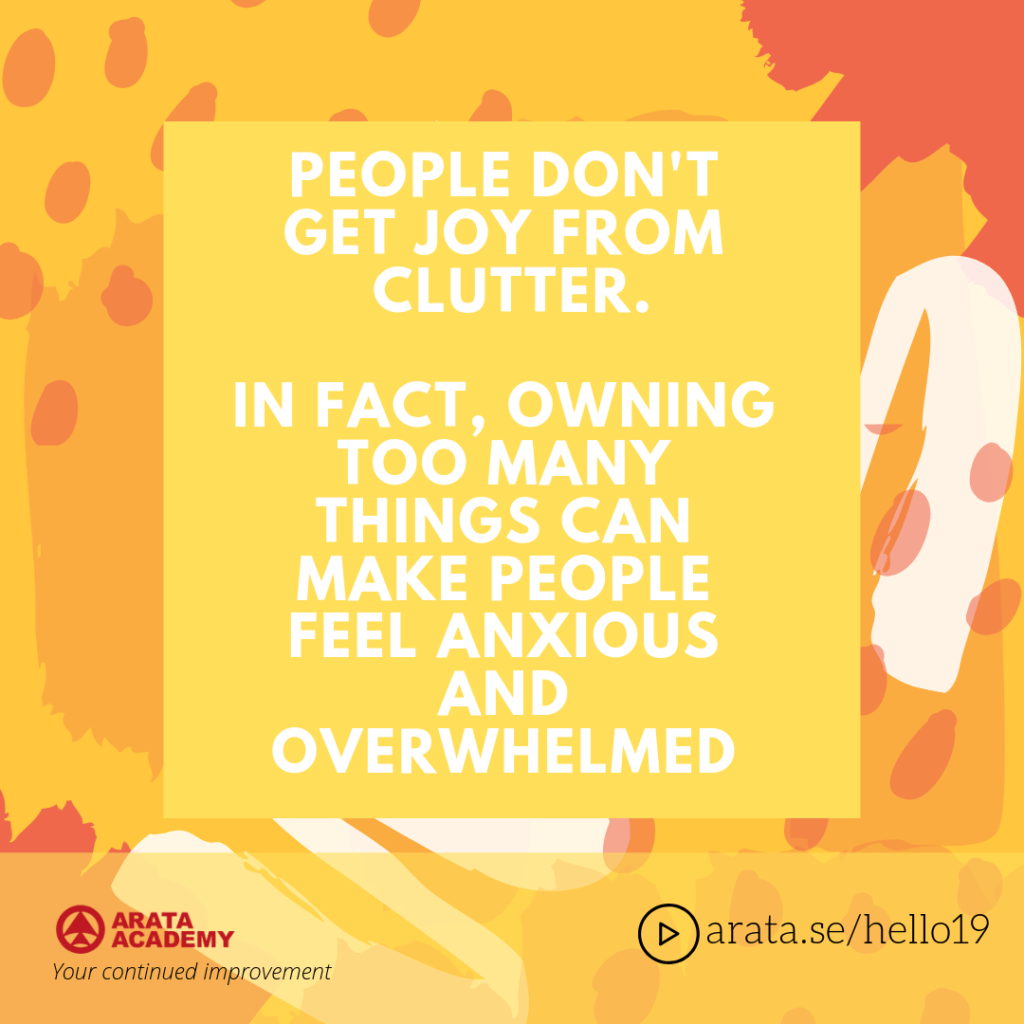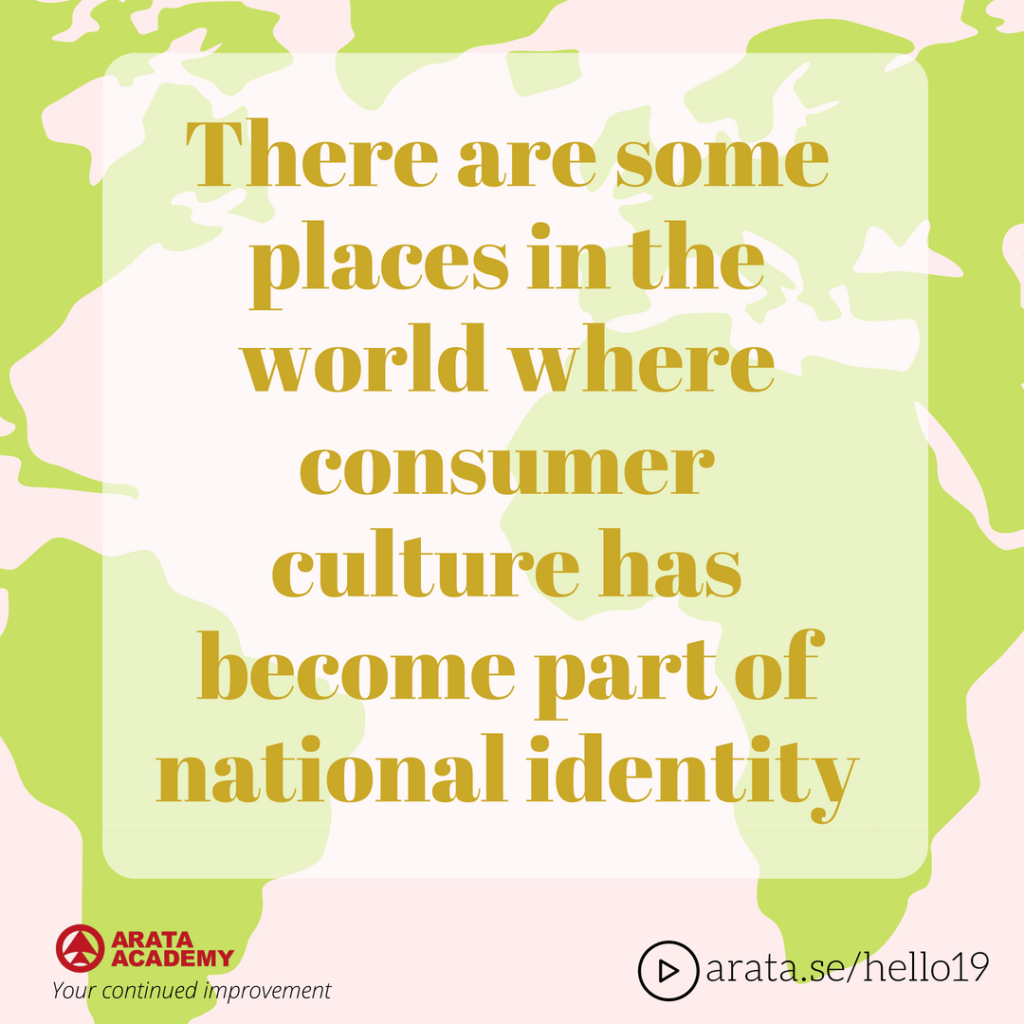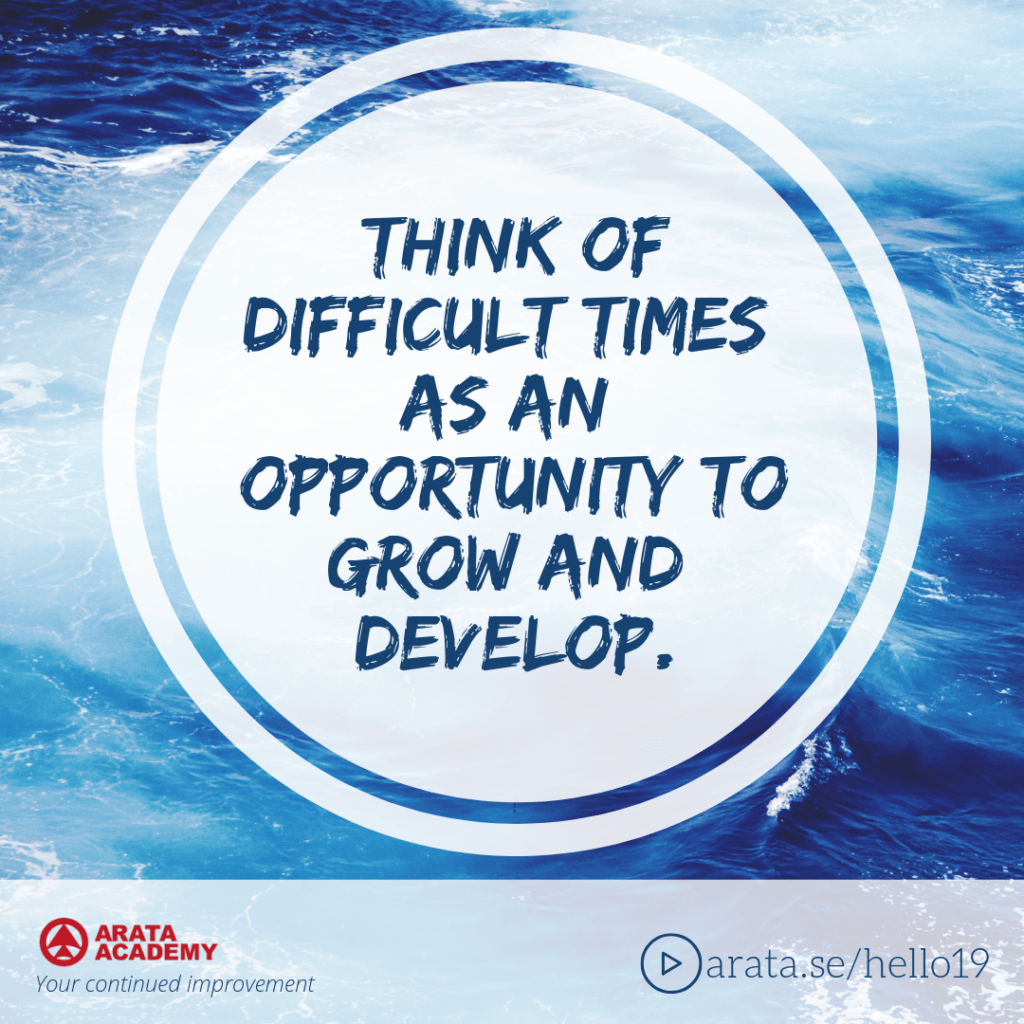Hello! Seiiti Arata. There comes a time that we have accumulated so many things, that our possessions can actually possess us. Today, we see that there is a path that is becoming increasingly popular: and that is to prioritize experiences rather than possessions.
1. Are your possessions possessing you? Take the test.
Take a look around your house and answer honestly: how many of your possessions have you never used? If you open the closets and drawers, is everything easily accessible, or are there so many stacked objects in the way that it puts you off of even trying to find what you were originally looking for?
There’s an amazing book on this theme in LINK (arata.se/rsvu). In exaggerated consumerism, we are buying more than we need and accumulating clutter. The exaggeration of items fails to bring us happiness and the opposite happens: we get anxiety and have a difficulty to enjoy life.

Happiness is not directly linked to the amount of accumulated possessions we own. There’s a point where the acquisition of more objects means more worries. This is exaggerated materialism leading to over-consumption.
2. Is there real happiness brought by possessions?
Notice that when I have my first cup of coffee in the morning, there is a great deal of pleasure. But the second cup is not so good.
Things in moderation tend to bring much more joy. But too much of something has the opposite effect.
When we are talking about material goods, the reasoning is similar. There are places out there where consumer culture is taken as part of an identity. If you are using a device that is not state of the art, then people get confused.

“But how is it possible, I thought you were successful. Why is it that you have not bought the new model?”
The consumer products end up generating a status anxiety. It’s like there is an obligation to understand fashion in order to dress up according to the current trend. Or the obligation to be using the latest technology gadget. And this is endless: fashion changes all the time and so does technology. There are always new releases and new objects, as everything is designed to get people buying non-stop.
3. What is important to you?
What makes more sense to you? Valuing aspects of the character, such as being restrained, humble, and responsible for your own spending, or valuing the objects that one can buy?
The overestimation of possessions means one thing: the example to be followed is the lifestyle which enables us to purchase many goods.
On the honest side, we see the workaholic who prioritizes their career above all, and is eager to climb the corporate ladder to get a higher salary plus bonus. To earn more money and therefore buy more goods.
And on the dishonest side, there are so many cases of corruption, theft and people who would do anything to get advantage, even when it means cheating, lying and deceiving.
4. Do not let your possessions possess you!
How can we survive the temptation of wanting to have more and more possessions? There are three ways.
One path is minimalism. You get rid of your possessions and live with as little as possible.
Another more radical way is the simple life. Perhaps moving to the countryside, having a vegetable garden where you plan what you’ll eat. No computer, no TV, no nothing. Just a simple life like your grand-grand-grandparents had.

A middle ground is just to live more slowly. For example, at work, if you have the possibility to get promoted, you may decline and prefer to stay at your current role, and let other office colleagues run towards the new position. You will continue to receive a modest salary that provides enough to live with dignity while refusing to enter a higher level with bigger pay, but which would require longer working hours and more stress.
5. Appreciate experiences
When choosing where to spend money on ourselves, should we prefer to buy objects or enjoy experiences? Usually, experiences will bring more happiness. A vacation, a music concert, a visit to an amusement park. All these ultimately bring great time. Even if things do not go as we expected!
That is our ability to reframe and reinterpret situations. If I’m dedicating myself to live the most memorable experiences, I can also look at those moments where there is some difficulty and interpret them as a possibility for growth and development.
Valuing experiences is an increasingly strong trend. You may have even seen the gift shops where you can buy an experience voucher: they have everything from a manicure to parachuting.
When we see the trend of sales growth of digital books and access to online courses increasing, we realize that people are more interested in the knowledge and experience in itself, rather than to be accumulating paper books on the shelf as decoration to show other people.
As always, here are some extra tips.
1. Ask yourself if you really need to have possession of an item before buying it. Maybe it would make more sense to borrow or rent it?
2. Try a little minimalism. Put some of your possessions in a box and set yourself a target of 30 days. If these 30 days pass and you realize you haven’t even taken the items out of the box, it’s likely you can live without them.
In the next video we will see how to declutter our home. If you enjoyed this video, click like and share, and of course subscribe to the channel so that next week we can continue this conversation.

